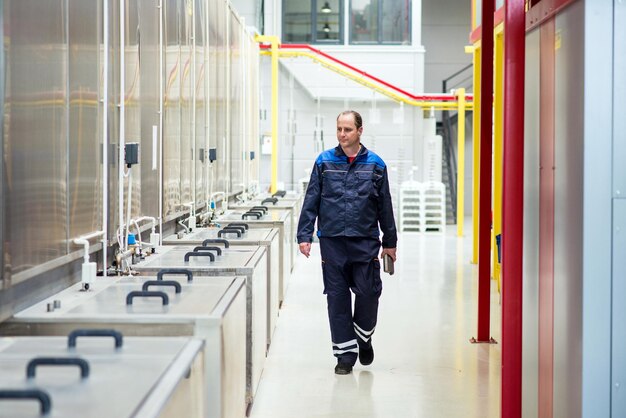Considering a Career as an Electrician? Here’s What You Need to Know
Choosing a career is a pivotal decision that shapes your future. If you're contemplating becoming an electrician, you're likely curious about whether it's a good career choice. With the demand for skilled tradespeople growing and technology continually evolving, becoming an electrician offers rewarding prospects.
The Demand for Electricians
In recent years, the construction and technology sectors have seen robust growth. Electricians are in high demand due to an increasing need for new electrical installations, maintenance, and system upgrades. As societies become more reliant on technology, from green energy solutions to smart home integrations, the expertise of electricians becomes even more crucial.
Why Electricians are Essential
- Job Security: Due to consistent demand, electricians enjoy a level of job security that many other professions cannot guarantee.
- Competitive Pay: Electricians often command a competitive salary. As of recent data, the median wage for electricians is higher than many other trades, reflecting the technical skills electricians are required to master.
- Career Advancement: With experience and further credentials, electricians can move up the ladder into positions such as foremen, electrical inspectors, or even open their own businesses.
The Path to Becoming an Electrician
Unlike many professions that require extensive schooling, aspiring electricians generally undergo apprenticeships that provide both income and education. Through these programs, budding electricians can gain valuable hands-on experience while learning the theoretical components essential to the trade.
Apprenticeship programs are often sponsored by trade unions or contractors, and they not only provide education but remove the high costs associated with most college degrees.
Is Being an Electrician Right for You?
While the career prospects for electricians are promising, it's important to consider whether this path aligns with your interests and skills.
- Hands-On Work: If you prefer active, hands-on work as opposed to sitting at a desk, a career as an electrician is ideal.
- Problem Solving: Electricians need strong problem-solving skills to diagnose issues and plan solutions.
- Physical Fitness: The job can be physically demanding, requiring dexterity, balance, and strength.
Navigating the Financials: Support for Electrician Training
Given the nature of apprenticeships, financial aid and government support may be available:
- Government Aid Programs: Many states offer incentives or financial aid to individuals pursuing trade careers.
- Educational Grants and Scholarships: These can help offset costs of training and tools necessary for this field.
Maximizing Your Opportunities
Embarking on a career as an electrician requires careful planning. Familiarize yourself with the skills and certifications necessary, and explore the various programs available for training and financial support. With the right approach, you can secure a stable, well-paid, and fulfilling career.
🔌 Financial Support Options for Aspiring Electricians:
- 🏗️ Apprenticeship Programs: Earn while you learn with industry-sponsored training.
- 💸 Government Financial Aid: Assistance programs are available to support trade education.
- 📚 Education Grants: Scholarships dedicated to vocational studies can alleviate financial burdens.
- 💰 Tool and Equipment Subsidies: Certain programs offer financial help to purchase required tools.
For those seeking a dynamic and secure career path, becoming an electrician is not just good—it's a great choice. With thoughtful planning and use of available resources, you can build a bright and electrically charged future.

